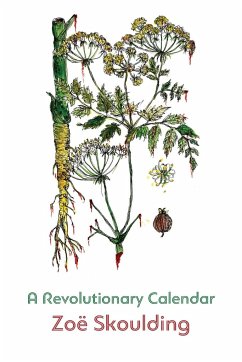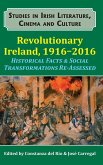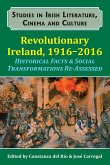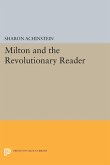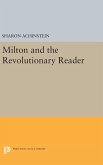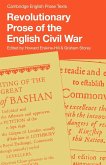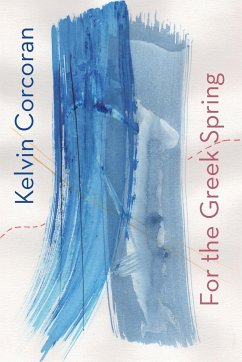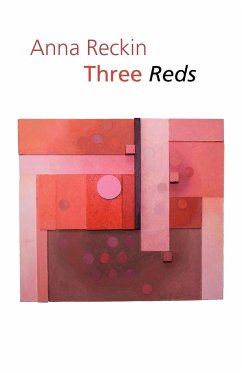The French Republican Calendar, in use from1793 to 1805 and revived briefly during the Paris Commune of 1871, was an effort to secularise time and return symbolic power to the rural worker. The poet Fabre d'Églantine renamed the months after seasons, while each day, instead of being dedicated to a saint, was dedicated to a plant, animal, mineral or agricultural tool.These names are the starting point for the poems of A Revolutionary Calendar, in which the interplay of etymologies, translations and sensory memory becomes a means of exploring solidarities between humans, objects and other species. "With expert grace and subversive panache, Zoë Skoulding has written a collection of five-line poems gathered into twelve sections of thirty poems each-a form that replicates that of the 'Republican Calendar' created in the immediate aftermath of the French Revolution. Each 'month' of poems uses the five-line format differently; each of the individual poems responds to a single element of the phenomenal world and all are attentive to the rounds that phenomena follow. The resulting sequence of meticulous observations and penchant forays that inform A Revolutionary Calendar maps out a temporal intersection, bringing historico-political time (linear and progressive) into conjuncture with seasonal agricultural time (cyclical and recursive). Both are revolutionary, though in different senses, and likewise Skoulding's magnificent Revolutionary Calendar is very much a book of turns and chart of changes. It is a book for every year." -Lyn Hejinian

